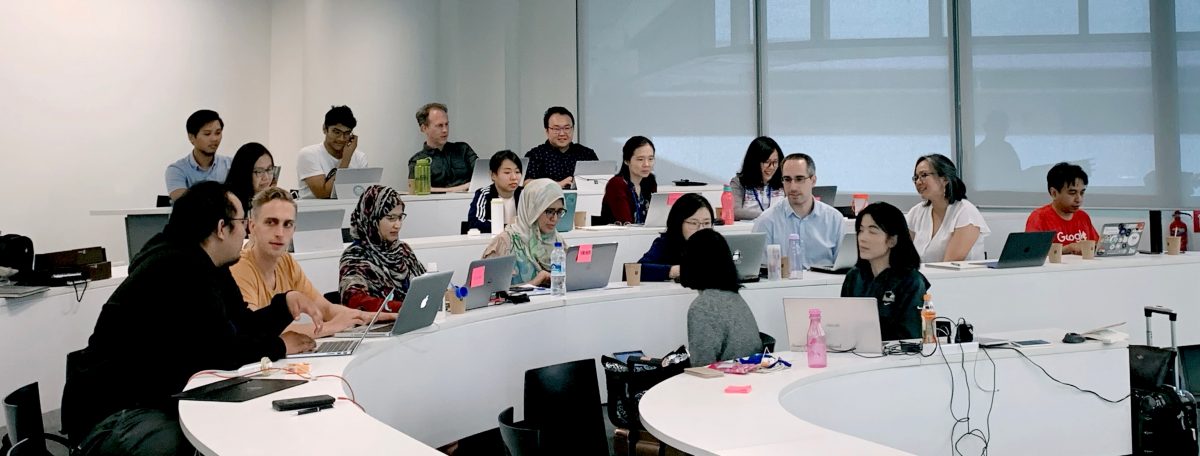Following the publication of our recent report, Springboard: Supporting care experienced young people with their next steps in further and higher education, some of our advisors with experience of the care system reflected on the report and its recommendations.
Steven Hawksworth is a Child Protection Social worker with Wakefield Council and spent 11 years in foster care as a child. He is also completing his PhD examining positive educational pathways for care experienced people. Steven is a member of our Stakeholder Advisory Group.
I spent the majority of my childhood in foster care, and education was always a talked about subject in my life and heavily promoted. At the time it was well-known amongst Care Leavers within my local area that to receive support post eighteen you needed to attend higher education, as otherwise support appeared to be limited.
I received sufficient financial support and accommodation for the duration of my course, and without this, university wouldn’t have been achievable. My social workers and leaving care team were very supportive and made sure that support was available prior to attending. I did find that once I arrived at university the local authority’s emotional support disappeared. This was disappointing as I would have rather had emotional support than financial support. Luckily, my university was very supportive and provided a very good leaving care team which was fundamental to my completion of university.
I think the letters in this project would have been warmly welcomed within the care community. There is limited information about care leavers that have gone to university and I believe that this would raise the aspirations of young people leaving care.
Moving forward, I would like to see more emotional support offered to care leavers attending university, as it can be an isolating experience. My advice to young people who are leaving care and thinking of attending university today is to get support in place prior to attending, and visit the campus in advance so that you get a feel of what is available to you.
Overall, I agree with the recommendations of this report – there needs to be more information available for care leavers about what they are entitled to, as uncertainty can impact on decisions about attending higher or further education.
Kieran Coleman is a member of the WWCSC Young Advisors Panel and graduate of Media Arts (BA), University of Plymouth. He is currently undertaking an MA in Photography at the University of Plymouth and has worked on a previous WWCSC project creating videos of care leavers sharing their stories.
As a care-leaver in higher education, I know that not many people with care experience go to university, but I was shocked to find out just how small the percentage was compared to people who were not care experienced –13% of children who were looked after for a year or more progressed to HE by the age of 19 compared to 43% of their peers.
My personal journey into higher education was challenging but I was supported by many people, such as my college tutors, my friends and family, my social worker and my personal advisor. When I read the report I was reminded of how my personal advisor helped make sure my application was done correctly and that I had everything in place for when I enrolled in the following year.
Thinking back to when I was doing my application, if I had received a letter similar to the letter sent in the intervention, I believe this would have made a massive difference to the way I felt when applying to higher education. It would have given me reassurance from a care leaver and a graduate who has gone through the same journey that I could achieve it. Though, I agree with the Become advice and support officer that “young people don’t tend to open paper mail so the method of delivering letters may need further consideration”. As a young person, a lot of the time I don’t like opening letters. I always ask for the option for my mail to be emailed, if possible. I think it would be good for the young people to choose paper mail or email, to accommodate people’s requirements or needs.
Knowing what support was going to be available to me – from my personal advisor and from the university – was a really important part of deciding if going to university was right for me. While my personal advisor was able to help with some information, such as the kinds of halls of residence available and what disability support I would receive, other information, like the kind of academic or emotional support I would receive, was quite difficult to find.
So, I have a message for all people who are in care, as a care leaver, and someone who is currently doing a postgraduate degree: I was exactly where you are now, finding everything hard and thinking that nothing would get better, or even that there might not be an end in sight. But with a lot of hard work and support from friends and my personal advisor, I made it to where I am now. Just remember that no matter what is going on right now, you all have the capability to grow and achieve the very best you can.
For more information and support on accessing higher and further education, please see the Become Propel website. You can also contact the Become advice line on 0800 023 2033.

